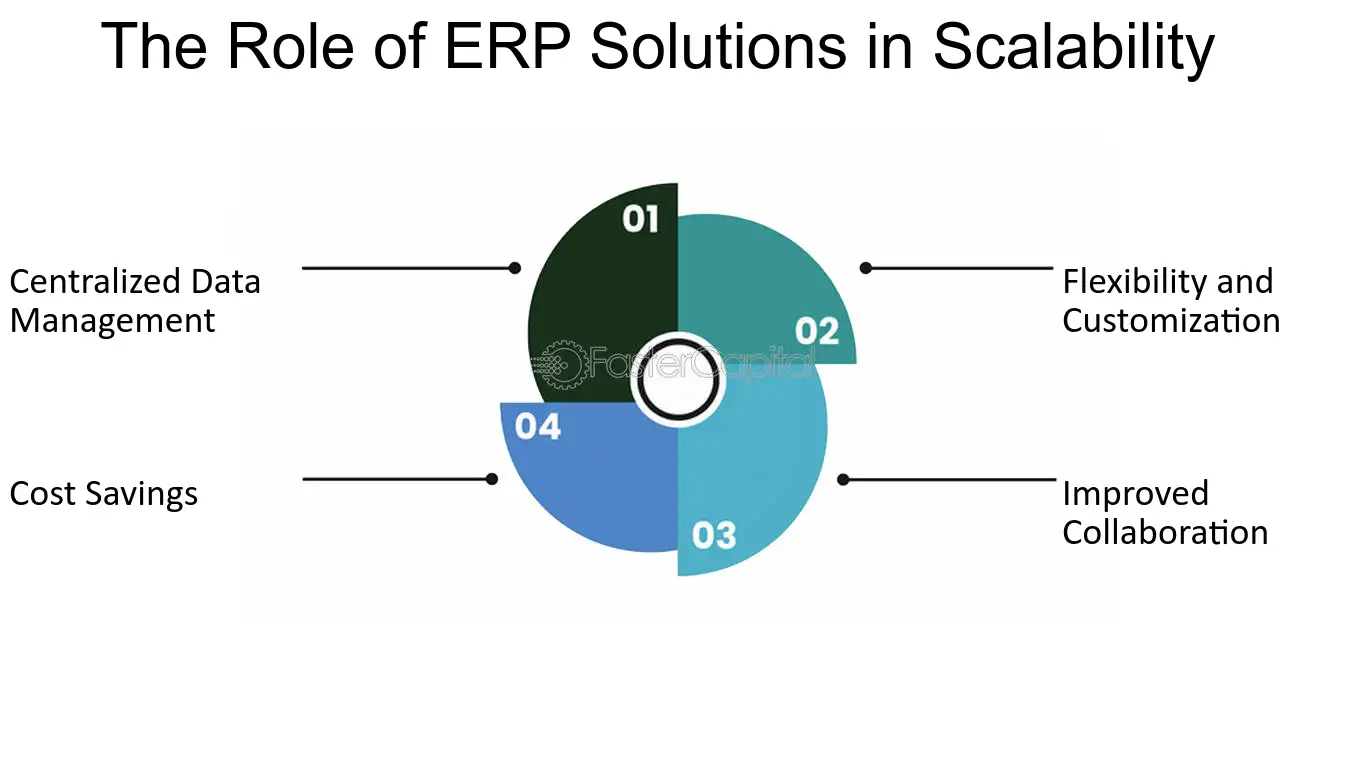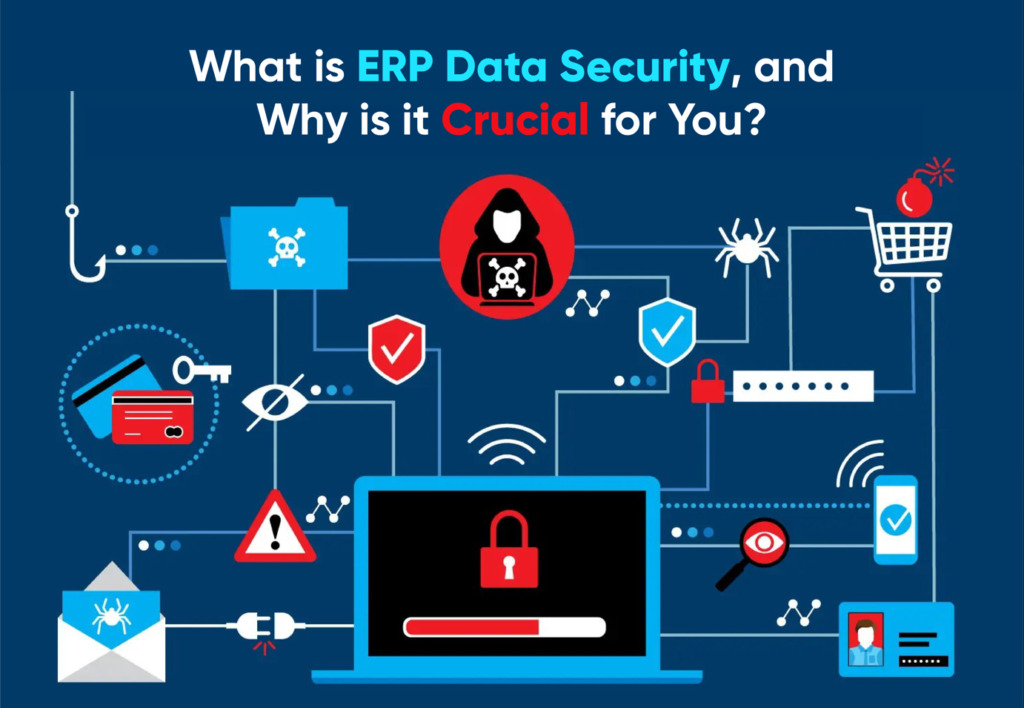In today’s digital age, businesses are constantly searching for ways to improve efficiency and streamline operations. One solution that has gained traction in recent years is cloud based ERP (Enterprise Resource Planning) solutions. These software systems allow companies to manage and integrate their business processes in a centralized and accessible location – the cloud. In this article, we will explore the benefits of using cloud based ERP solutions and why they are becoming increasingly popular among businesses.
What is a Cloud Based ERP Solution?

Before delving into the advantages of cloud based ERP solutions, it is important to understand what exactly they are. ERP systems, which have been used by companies for decades, are designed to help manage and track various business processes such as inventory, finances, and customer relations. However, traditional ERP systems have always been on-premise, meaning they are installed and run on a company’s own servers. Cloud based ERP solutions, on the other hand, are hosted on remote servers and accessed through the internet. This allows businesses to access their ERP system from anywhere, as long as they have an internet connection. Rather than investing in expensive hardware and IT maintenance, companies can subscribe to a cloud based ERP service, paying only for the features and storage they need.
Advantages of Cloud Based ERP Solutions
1. Cost Savings

One of the biggest benefits of using cloud based ERP solutions is cost savings. As mentioned earlier, companies no longer need to invest in expensive hardware or IT infrastructure to run their ERP system. This significantly reduces upfront costs and lowers the total cost of ownership. Additionally, the pay-per-use model of cloud based ERP allows businesses to only pay for the features and storage they need, making it a more cost-effective option.
2. Scalability

In today’s fast-paced business environment, scalability is crucial. Cloud based ERP solutions offer the flexibility to scale up or down as the needs of a business change. This eliminates the need to constantly invest in hardware and software upgrades, as cloud service providers handle these updates and can easily accommodate changes in a business’s size or operations.
3. Accessibility and Collaboration

With traditional on-premise ERP systems, accessing the system remotely or collaborating with team members could be a challenge. However, with a cloud based ERP, businesses can access the system from any internet-enabled device and allow multiple users to access it simultaneously. This promotes collaboration and efficient communication, even for teams that may be geographically dispersed.
4. Data Security

Data security is a top concern for businesses, especially with an increasing number of cyber threats. Cloud based ERP solutions have multiple layers of security measures in place to protect data, such as encryption, firewalls, and regular data backups. This provides peace of mind for businesses, knowing that their data is safe and secure in the hands of professionals.
5. Automatic Updates and Maintenance
Another advantage of using a cloud based ERP solution is the avoidance of manual updates and maintenance. With a traditional ERP system, businesses need to allocate time and resources for regular updates and maintenance. However, with cloud based ERP, these tasks are handled by the service provider, allowing businesses to focus on other important aspects of their operations.
Conclusion
Cloud based ERP solutions offer numerous benefits for businesses of all sizes and industries. From cost savings to enhanced accessibility and collaboration, the advantages of using a cloud based ERP system cannot be ignored. As the demand for flexible and reliable business management solutions continues to grow, cloud based ERP is becoming the go-to choice for businesses around the world. So, if you want to take your business to the next level, consider investing in a cloud based ERP solution today!


